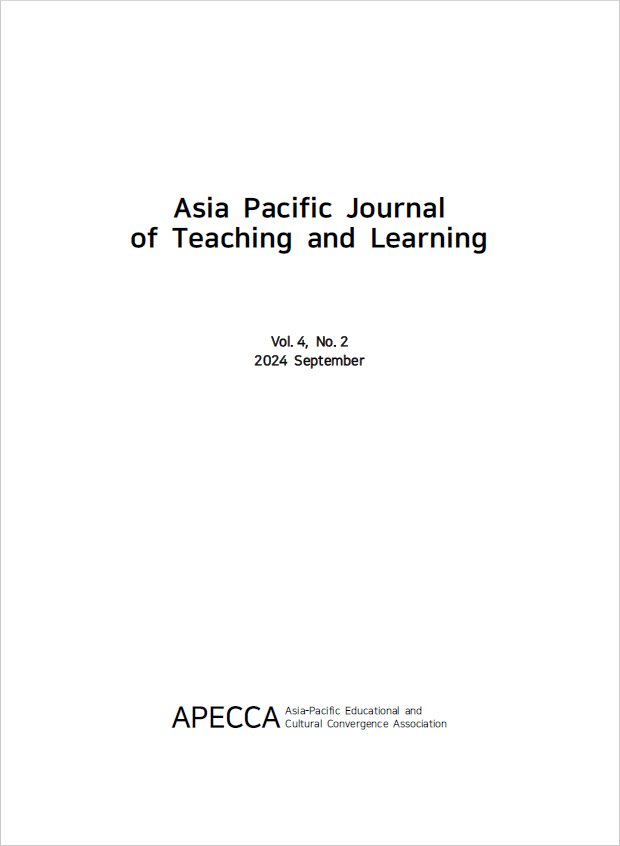Coexistence and Co-prosperity: Ecological Perspectives and Application to Irony Picture Books
- 아시아태평양교육문화융복합학회
- Asia Pacific Journal of Teaching and Learning
- 제4권 제2호
-
2024.0919 - 29 (11 pages)
-
DOI : 10.62914/apjtl.2024.4.2.19
- 12

Purpose The study analyzes Korean ironic picture books from the perspective of deep ecology and how the ideas of coexistence and symbiosis expressed in children's picture books are structured. Method This study analyzes ironic picture books. Ironic picture books are a literary narrative method that uses differences between text and pictures, differences in perspectives, etc. to raise questions for readers and have them find answers on their own. Therefore, we analyze three picture books by Kwon Jeong-min (A Wonderland Picture Book Dictionary, A Guide to Becoming a Wise Boar, We Know a Little About You) that present irony in various ways. The analysis tool will utilize the perspective of deep ecology. Results The deep ecological characteristics revealed in Kwon Jeong-min's picture books can be characterized by respect and protection of nature, the value of nature and human ignorance, and the interaction and coexistence between nature and humans. Conclusion Kwon Jeong-min's picture books make us deeply reflect on the way humans interact and coexist with nature. This effectively conveys the core principle of deep ecology that humans must remain humble in their relationship with nature and live with respect for nature. Kwon Jeong-min's picture books, which advocate ecologicalism, leave a strong impression on readers by utilizing the irony of text and pictures. This makes readers think more deeply about environmental issues and once again consider the impact of human behavior on nature.
I. Introduction
II. Picture Book Analysis Criteria: Deep Ecology and Irony on the Picture Books
III. Findings
IV. Conclusion
References
(0)
(0)